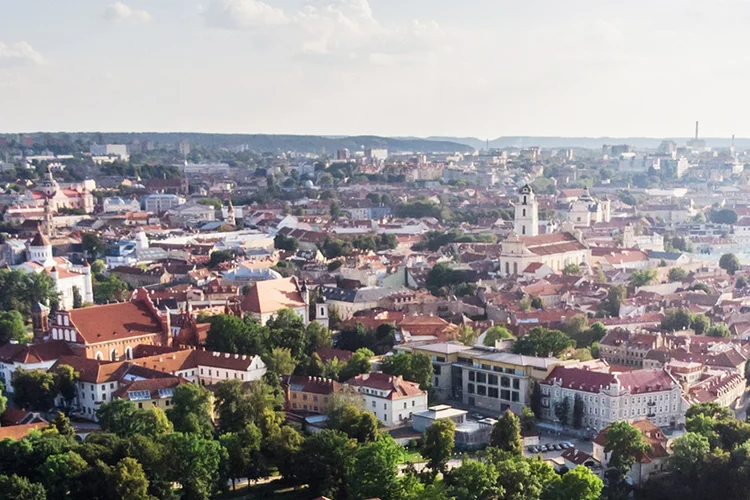
Alarmed by Russia’s massive military buildup and soaring defense spending since its 2022 invasion of Ukraine, the Baltic states Estonia, Latvia, and Lithuania are intensifying contingency plans for potential emergencies, including the evacuation of hundreds of thousands of people in the event of a Russian troop buildup or attack.
Although Moscow insists it has no plans to strike NATO members, the three Baltic nations once annexed by the Soviet Union have long warned allies about Russian cyberattacks, disinformation operations, and recent airspace incursions by Russian drones and fighter jets.
Officials say planning has accelerated since May, when the Baltic countries agreed to coordinate civil protection. “Threats could vary,” said Renatas Pozela, head of Lithuania’s firefighting service and a leading figure in the initiative. “It’s possible we will see a mighty army along the borders of the Baltics, with the apparent goal of taking all three countries in three days to a week.”
Beyond full-scale invasion scenarios, Baltic planners are also preparing for cyber sabotage, disruption of communications or transport links, misinformation campaigns, and the weaponization of migrant flows to spark panic or unrest.
Lithuania’s western city of Kaunas is readying shelters for up to 300,000 people in schools, churches, and sports arenas, while Estonia and Latvia have designated similar sites and evacuation routes. Supply depots stocked with essentials from toilet paper to portable beds have been established in secure warehouses.
“We talk about this every month, every week at work, everywhere,” said Arminas Raudys, 31, a volunteer participating in a Lithuanian evacuation drill.
Officials confirmed that roughly 400,000 residents living within 40 kilometers of Russia and Belarus could be among the first to be relocated. Estonia is preparing to rehouse up to 10 percent of its 1.4 million citizens, while Latvia estimates nearly a third of its 1.9 million residents might have to move.
“It’s a very reassuring message to our society that we are ready and we are planning,” Lithuanian Foreign Minister Kestutis Budrys said. “We have done our homework.”
However, none of the three countries have announced plans to move evacuees beyond their borders. With limited escape routes to Poland through the narrow Suwalki Gap a vulnerable corridor flanked by Russian and Belarusian territory officials stress that military convoys would take priority over civilian traffic in the event of a crisis.
“You plan for everything,” said Ivars Nakurts, deputy head of Latvia’s State Fire and Rescue Service. “Even for what you hope never happens.”
Erizia Rubyjeana



